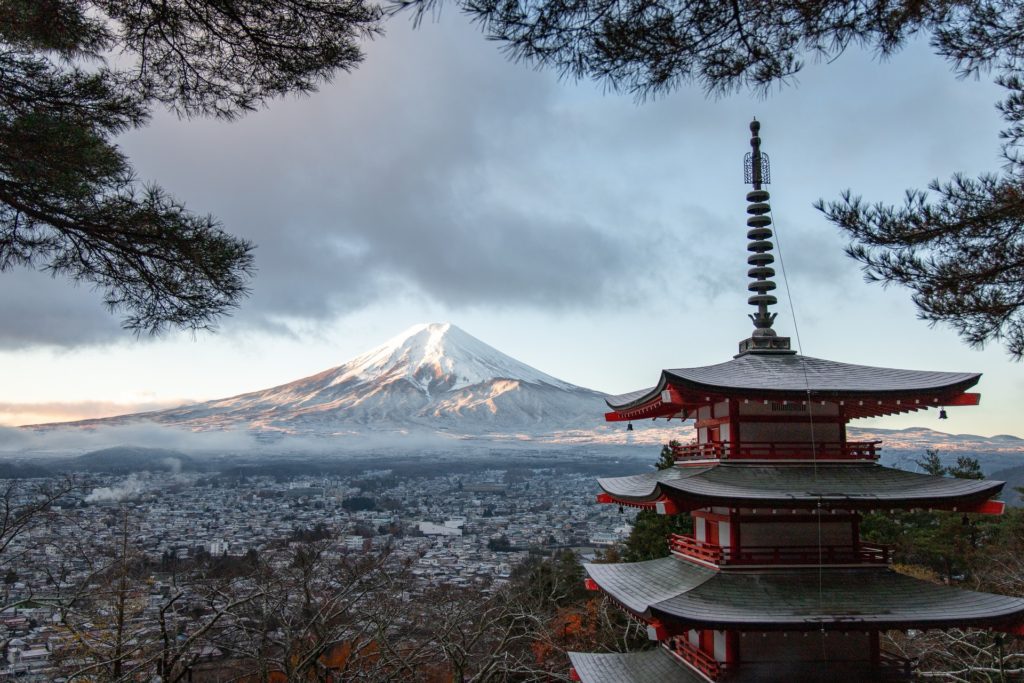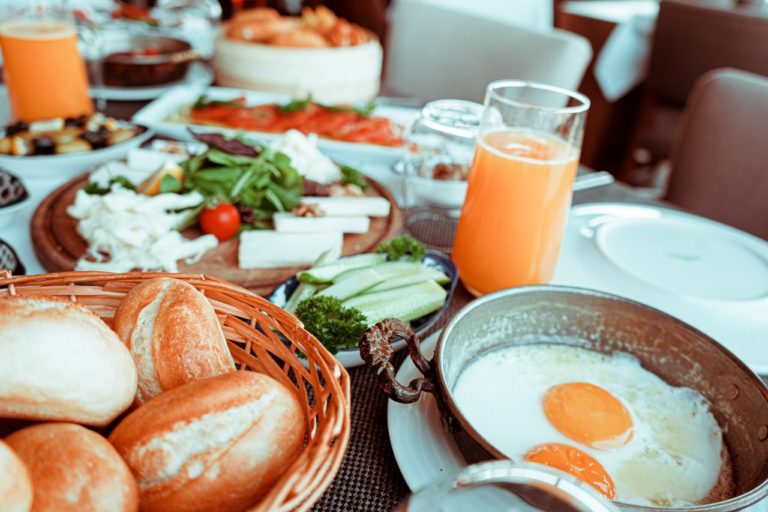What is the Okinawa Diet and what is the secret that can help you to live longer?
Okinawa has the highest concentration of centenarians in the world. As of 2016, there were 34 centenarians per 100,000 people living on the island.
Okinawa is considered one of the ‘Blue Zones’ and is known for a traditional diet, low protein intake, eating the healthiest foods, and having specific lifestyle habits that we’ll talk about in this blog.
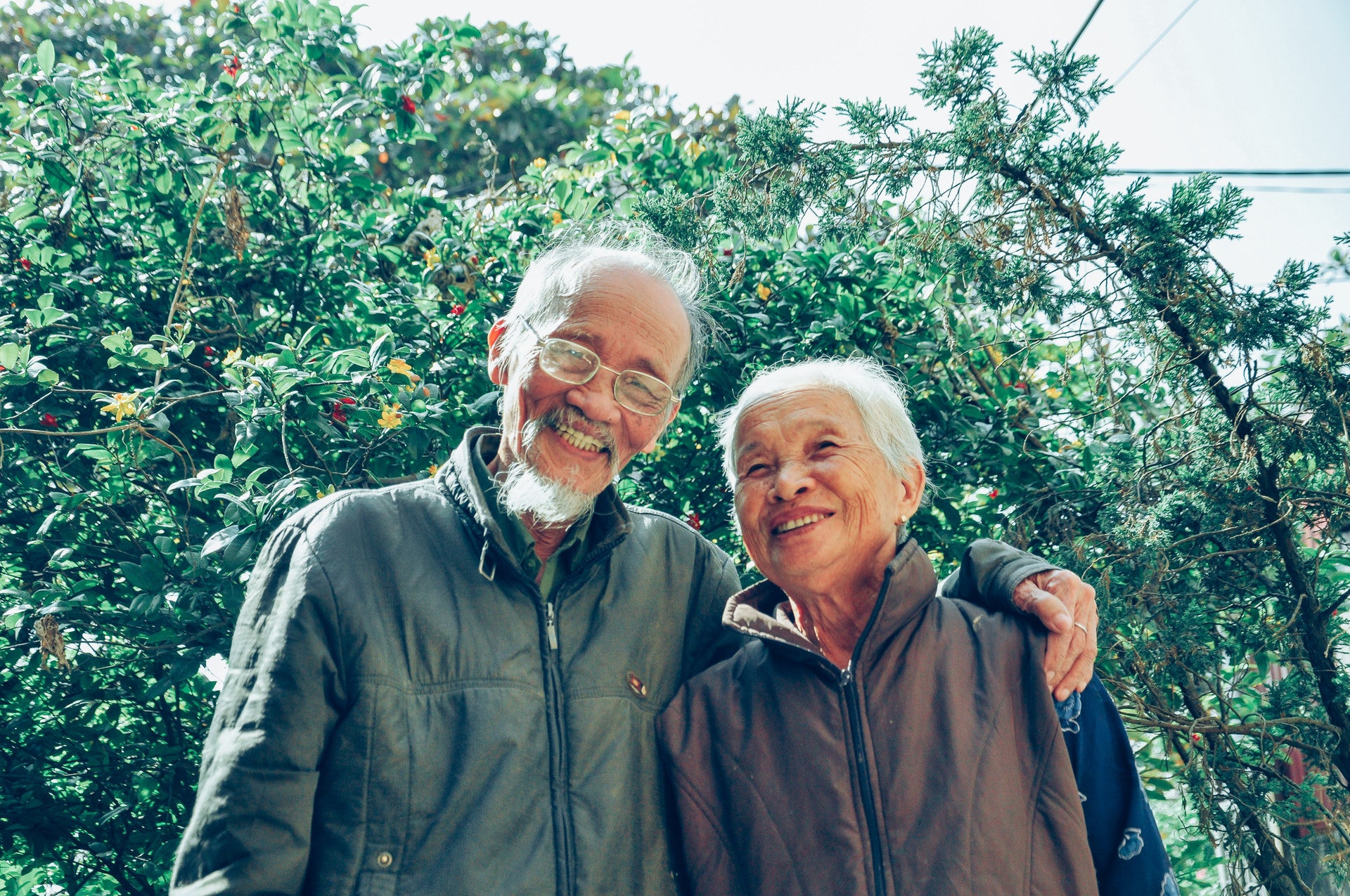
Strong networks and a healthy diet are probably the reasons.
Okinawa is a Japanese island located southwest of the main islands and is known for its stunning beaches, lush greenery, friendly locals, and the traditional Okinawan diet.
The Okinawa diet is a traditional Japanese cuisine that is low in calories, but high in nutrient dense ingredients. Some of the many benefits of the Okinawa diet include:
– Reduced risk of cardiovascular disease
– Increased longevity
– Reduced risk of cancer
– Weight Management
– Reduced risk of age-related health problems
– Reduced Risk of Breast Cancer
What Is The Average Life Expectancy In Okinawa?
A man lives for 80 years and a woman for 86 (about 6 years higher than the US median). But there are more people than any other nation on earth who live to more than a hundred.
Why Are Okinawans So Healthy?
Health is maintained through many lifestyle factors including the traditional Okinawan diet. Similar to the Mediterranean diet, the specific diet is linked with fewer heart attacks and other chronic diseases.
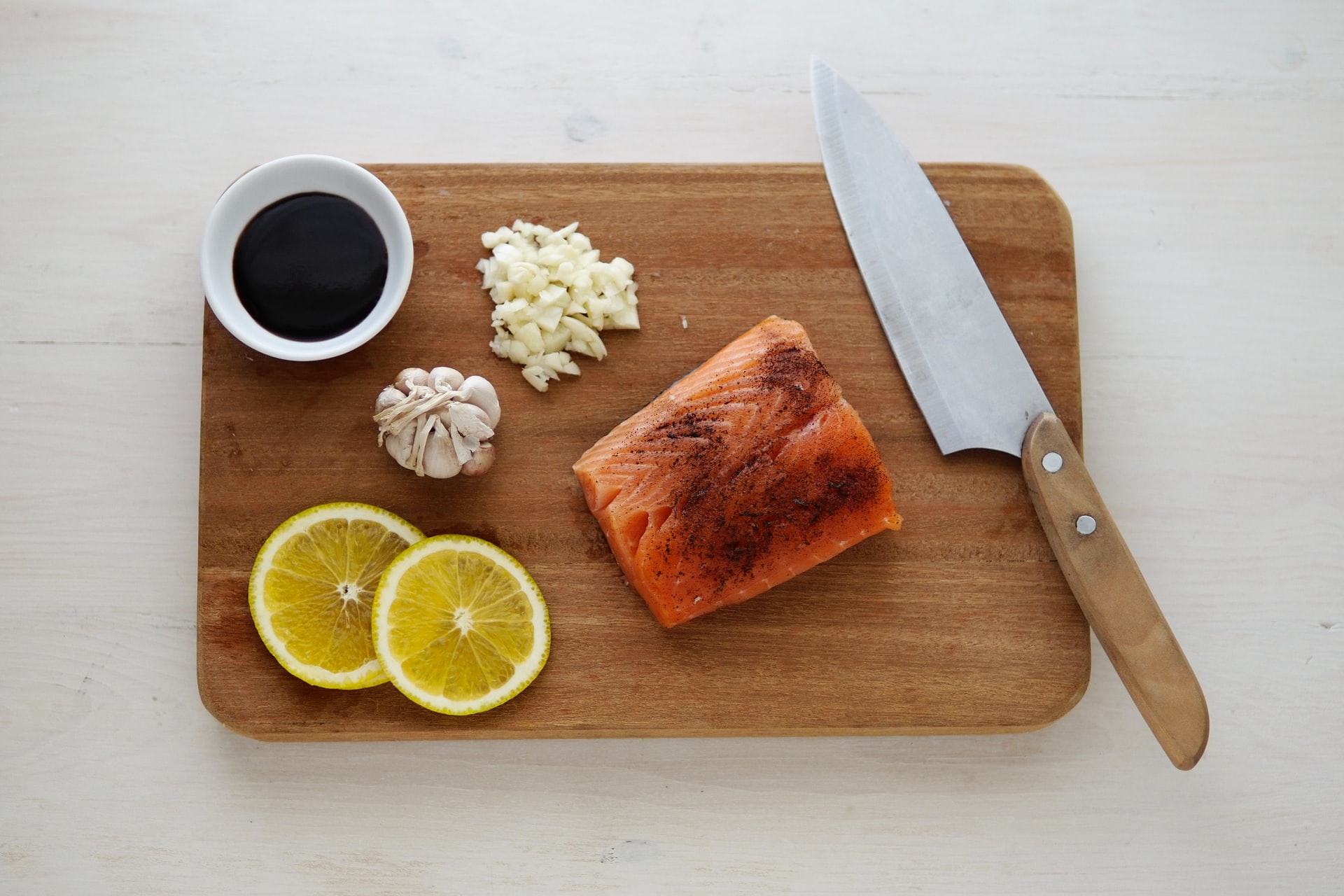
Okinawan food is based on the following staples:
– Orange Sweet Potato
– Root Vegetables
– Rice
– Fish
– Green and Yellow Vegetables
– Miso Soup
Okinawans eat very little meat and dairy.
They consume about 1,800 calories per day, which is much less than the average 2,000 to 2,500 calories consumed by North Americans.
What Is The Traditional Okinawa Diet?
Traditional Okinawan’s calorie-dense diet contains a high carbohydrate intake. Often, the meal includes noodles, rice, sweet potatoes and seafood.
Okinawans consume nearly 8 times more tofu than North Americans. Tofu is known to aid in preventing heart problems.
To follow the Okinawa diet, focus on eating whole, unprocessed, nutrient dense foods. Incorporate plenty of fruits, vegetables, beans, and whole grains into your diet.
Limit your intake of animal products and refined carbohydrates. Make sure to stay hydrated by drinking plenty of water throughout the day.
8 Recipes For A Healthy Okinawa Diet
– Sweet and Sour Tempeh
– Spicy Tofu Lettuce Wraps
– Grilled Vegetable Teriyaki Bowls
– Veggie Fried Rice
– Quinoa Stuffed Peppers
– Roasted Shitake Mushrooms with Garlic Sauce
– Sweet Potato & Chickpea Curry
– Coconut Lime Soup
Sample Shopping List
The Okinawa diet aims at consuming light leafy vegetables, sweet potatoes, seaweed, and soy.
One of the staples of the Okinawa diet is sweet potato. This humble root vegetable is packed with vitamins, minerals, and antioxidants that are essential for good health.
Sweet potatoes are also a good source of fiber, which is important for digestion and can help to lower cholesterol levels.
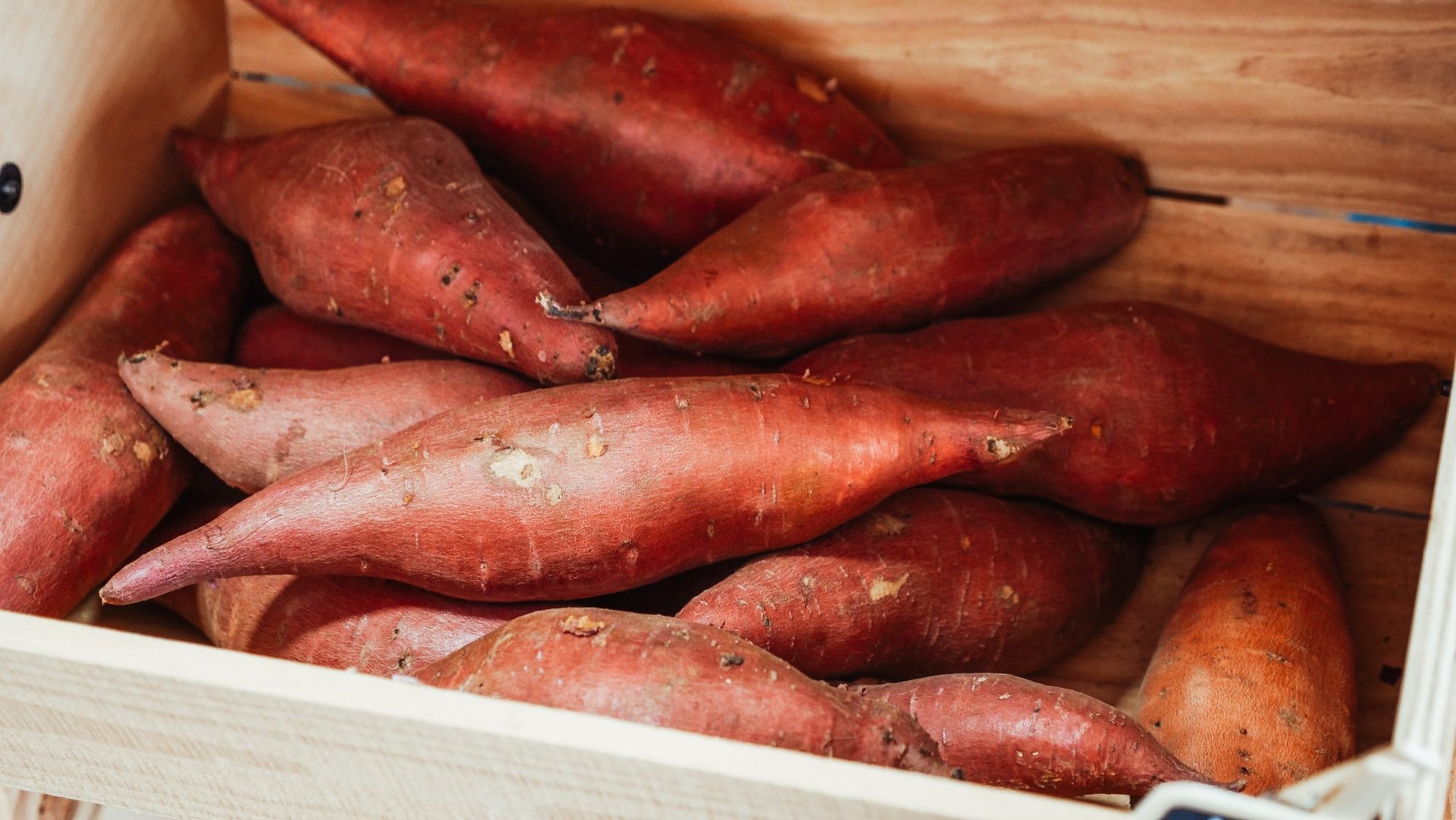
Another key component of the Okinawa diet is fish. Fish is a great source of protein, vitamins, and omega-3 fatty acids, which are beneficial for heart health.
Studies have shown that people who eat fish regularly have a lower risk of developing cardiovascular disease.
The Okinawa diet also includes plenty of fruits and vegetables. Fruits and vegetables are an excellent source of vitamins, minerals, and antioxidants. They’re also low in calories and fat, making them a healthy addition to any diet.
The following shopping guide gives you ideas to start the Okinawa Diet. It isn’t a complete list, and you can also try different things.
Try packing your cart with items that are compatible with Okinawa food habits or incorporate them into your daily routines.
– Tuna
– Salmon
– Sashimi-grade fish
– Tofu
– Edamame
– Miso paste
– Seaweed snacks
– Green tea
How Often Do Okinawans Eat?
Okinawans eat daily meals, but their eating patterns make a major difference in their meals.
Okinawans have been reciting the Hara Hachi Bu before meals to encourage Okinawans to stop eating after their fullness has reached 80% of its capacity.
This is a form of calorie restricted diet that has many health benefits, including weight loss, and should promote longevity.
What Is Hara Hachi Bu?
Hara Hachi Bu is an ancient Confucian teaching that tells people to stop eating when they are 80% full.
The Okinawans take this a step further by reciting the saying before every meal as a reminder to eat slowly and mindfully.
Hara Hachi Bu can be translated to “eat until you are eight parts out of ten full.”
The practice is based on the belief that it takes 20 minutes for the stomach to signal the brain that it is full. If you eat too quickly, you may end up overeating before your brain gets the message.
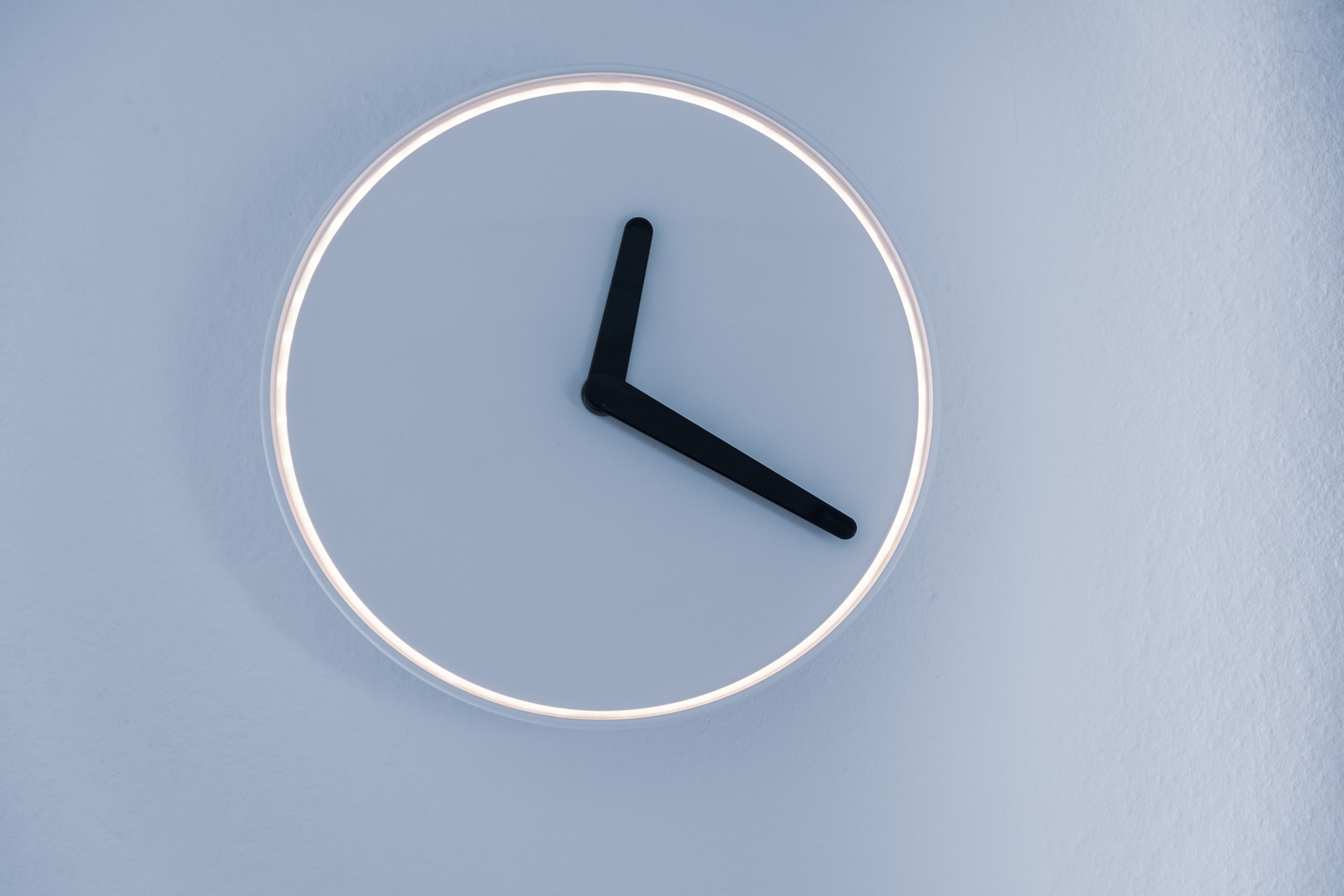
Hara Hachi Bu is a simple way to help you control your portions and eat more slowly.
It may take a little practice to get used to eating less, but it can be a helpful tool for weight loss or maintenance.
How To Incorporate Hara Hachi Bu Into Your Life
If you’re interested in incorporating Hara Hachi Bu into your life, there are a few things you can do to get started.
- Start with small portions. Begin by serving yourself smaller portions than you normally would. Over time, you can gradually decrease the size of your portions even further.
- Eat slowly and mindfully. Take your time eating, and pay attention to your hunger cues. It can be helpful to put your fork down between bites and to chew your food thoroughly.
- Listen to your body. Stop eating when you feel satisfied, even if that means leaving food on your plate. It’s okay to be a little hungry after a meal – your body will adjust.
- Practice Hara Hachi Bu with intention. Once you’ve gotten the hang of smaller portions and slower eating, you can start practicing Hara Hachi Bu with intention. This means making a conscious effort to stop eating when you’re 80% full.
- Don’t beat yourself up. If you find that you’ve overeaten or eaten too quickly, don’t dwell on it. Just start fresh at your next meal.
What Is A ‘Moai’ As Explained In Okinawa?
Okinawans form unique social networks called “Moai’s” in their early 20’s.
Moai is an ancient, long-term social support system that begins from children through the twelfth century and extends throughout the world.

These are words used to define the financial system of a village. Moais are primarily formed to combine resources for projects in an entire village.
Celebrations such as the Ungami Festival held in the harbor Shioye and dedicated to the god of the ocean brings together the community of Ogimi.
Society is important in Okinawa because it is what makes their culture unique. It is something that has been passed down for generations and continues to shape the way Okinawans think and live.
Okinawa Diet Summary
Okinawans live an average of 6 years longer than North Americans! So, what’s the secret to their longevity?
The Okinawa diet is one of the healthiest in the world and is based on a traditional Japanese cuisine that is low in calories, but high in nutrients.
The traditional Okinawa diet has been linked with lower rates of heart disease, cancer, and other age-related health problems.
The key to following the Okinawa diet is to eat mindfully and stop eating when you’re 80% full.
Society is important and forming bonds at a young age is a part of all Okinawan’s lifestyles.
So, if you’re looking to improve your health and longevity, consider adding the Okinawa diet to your longevity lifestyle.
Find Your Tribe and Join the Longevity Whale Community. The group is a great place to share information and get ideas from other people looking at ways to increase their lifespan and live healthier for longer.

